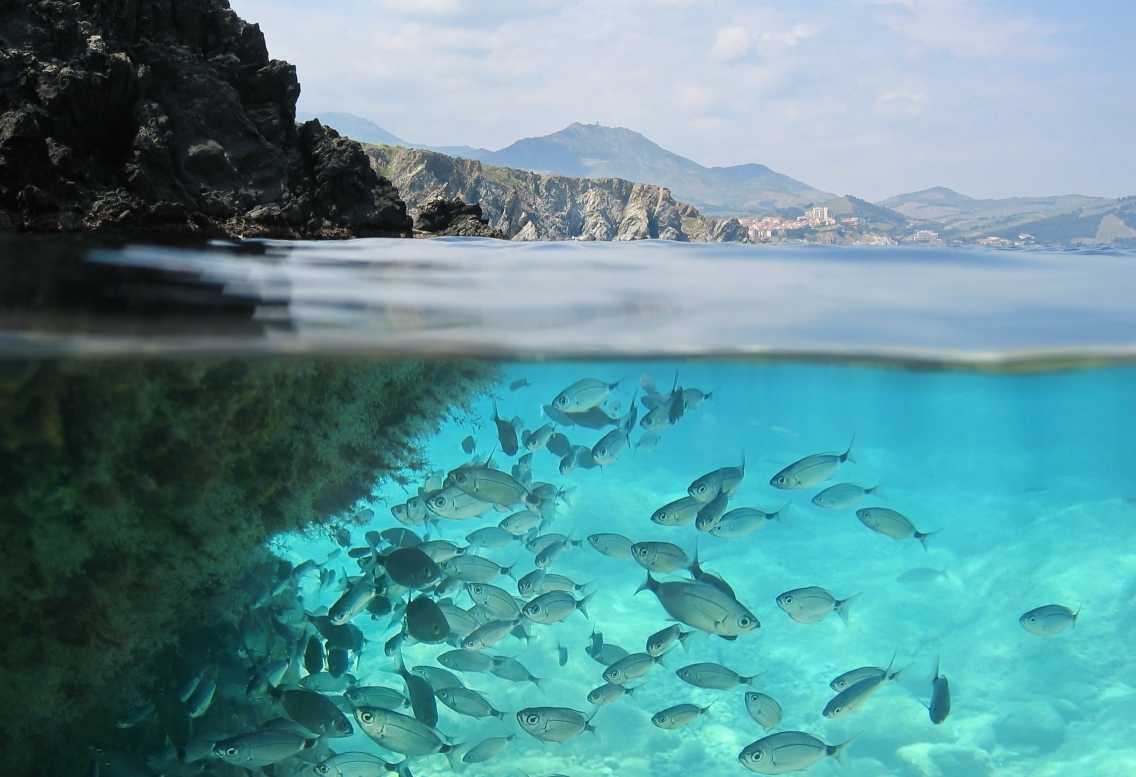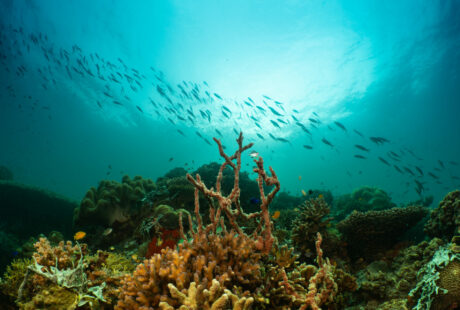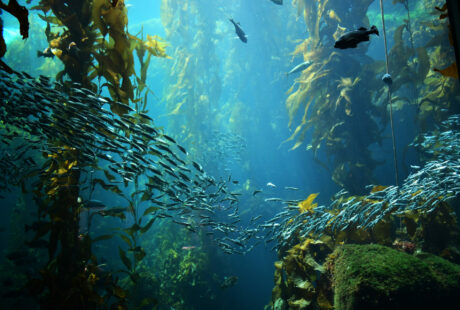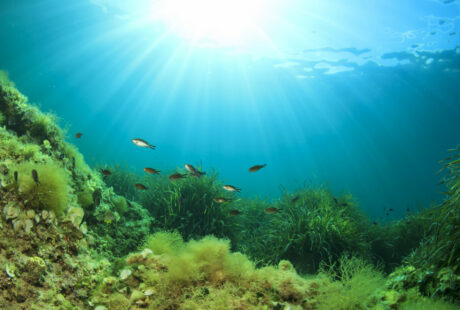With less than two years to go before the 2020 deadline, urgent action is needed to safeguard European seas and ensure their continued health and productivity, as required by the EU Marine Directive. An EU-wide coalition of NGOs, led by Seas At Risk, proposes a series of concrete actions to help Member States to deliver on their legal commitment to restore our seas to ‘Good Environmental Status’.
The EU Marine Directive came into force in 2008 and addresses all marine environmental issues, with the aim of protecting and restoring our marine environment to health by 2020. Ten years on, it might be expected that every country would be well on the road to implementing all of the necessary measures. On the contrary, despite progress in some areas, governments across Europe have largely failed to take the comprehensive action needed.
Key low points include:
- Overfishing continues, with some fish stocks, such as eel, still in danger of being depleted.
- Almost all land-made pollution, such as plastics and contaminants, ends up in the sea and destroys marine ecosystems.
- On paper, almost 10% of EU seas are designated as Marine Protected Areas, yet, in practice, less than 1% is effectively protected against the damage caused by human activity.
Several EU governments have refused to act, declaring the battle already lost and postponing meaningful action. In the Baltic region, for instance, efforts to date have not led to the recovery of the Baltic Sea. Ministers thus recently agreed a revised target of 2030 to put in place measures that are still attainable by 2020, such as introducing proper soil nutrient mapping and nutrient bookkeeping at farm level or putting in place effective fisheries management measures in MPAs. The European Commission itself has recently denounced the poor implementation of the Directive by Member States and warned that it puts the achievement of the 2020 objective of the Directive at risk..
Hope remains, however, with a growing public call from citizens to their governments, urging them to honour their 2020 commitments. One recent initiative is the joint Seas At Risk and OurFish ‘Save our Seas’ petition, signed by more than 172,000 people.
The European Seas Environmental Cooperation, a joint initiative of Seas At Risk, the Coalition Clean Baltic, the Mediterranean Office for Culture and Sustainable Development and the Black Sea NGO Network, recommends three priority areas of action through which Member States can achieve clean and healthy seas by 2020:
1) End overfishing by:
- Following scientific advice and setting fishing limits below the maximum sustainable yield exploitation rate.
2) Eliminate pollution by:
- Phasing out the input of waste into the sea as part of the transition towards a truly circular economy.
- Using the Precautionary Principle for the handling of all chemical and chemical-based products in society.
- Increasing financial support for sustainable agriculture, such as ecological recycling agriculture and organic farming, as a starting point to tackle eutrophication.
- Protecting marine animals from noise pollution from ships and other sea-based activities.
- Undertaking prevention, eradication, control or management of invasive alien species, taking into account climate change/environmental changes.
3) Halt biodiversity loss by:
- Banning high-impact human activities in Marine Protected Areas (including fisheries), unless they have no significant impact on marine ecosystems.
- Protecting species at the top of the foodweb, such as rays and sharks.
- Protecting the seabed by banning damaging activities from MPAs (e.g. bottom-trawling) and better managing such activities everywhere else, including through spatial zoning.
- Protecting European coasts by banning activities that could impact on hydrographical conditions and damage coastal habitats, such as tidal barrages or lagoons.
We are convinced that if Member States implement these measures now, the promised 2020 targets are still achievable. Political will and determination is all that is needed: it is not too late.

Posted on: 10 April 2018



